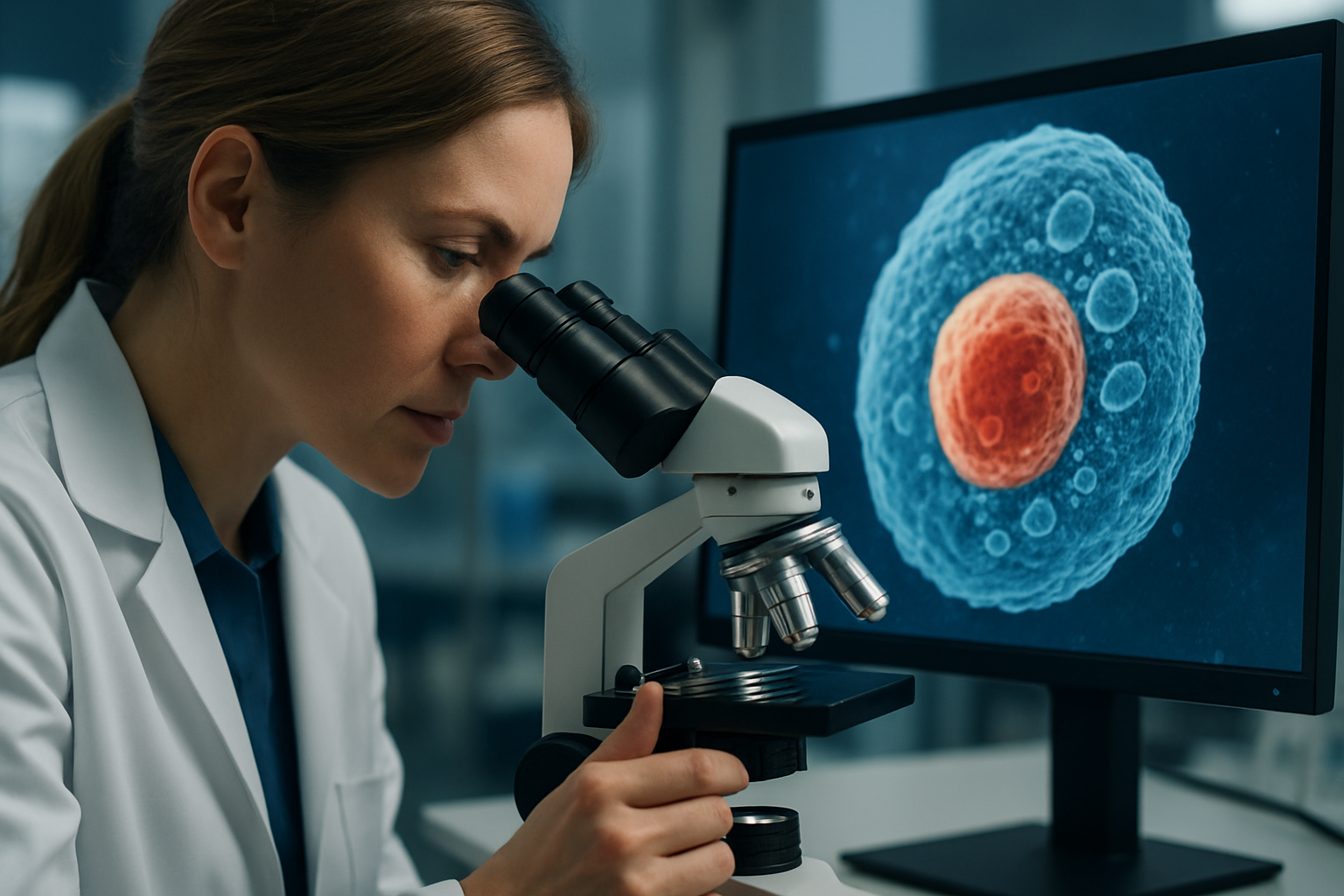The Intriguing Science of Autophagy: A Natural Detox for Your Cells
Have you ever wondered how your body naturally detoxifies at the cellular level? The answer lies in a fascinating biological process called autophagy. This article will delve into the science of autophagy, its health implications, and how you can potentially harness its benefits.

The Genesis of Autophagy: A Historical Perspective
Autophagy, derived from the Greek words ‘auto’ meaning self, and ‘phagy’ meaning eating, is a cellular process where the body cleans out damaged cells to regenerate newer, healthier cells. This process was first observed in the 1960s by Belgian scientist Christian de Duve, who later won the Nobel Prize for his work in cellular biology. However, it wasn’t until 2016 that Japanese cell biologist Yoshinori Ohsumi brought autophagy to the forefront of scientific research, earning him a Nobel Prize.
Autophagy in the Modern Health Landscape
Today, autophagy is a hot topic in the health and wellness industry. It’s been linked to a variety of health benefits, including improved brain function, increased longevity, and reduced risk of diseases such as cancer, neurodegenerative disorders, and infections. However, it’s important to note that while the potential benefits are promising, more research is needed to fully understand the complexities of autophagy and how to safely harness its benefits.
The Science Behind Autophagy: Benefits and Challenges
Autophagy acts as a natural detox for your cells, helping to remove damaged components and reduce inflammation. This can lead to improved cellular function and overall health. However, the process is complex and can be influenced by many factors, including diet, exercise, and sleep. While some studies suggest that practices such as fasting can stimulate autophagy, it’s important to approach these methods with caution and under the guidance of a healthcare professional.
Fascinating Facts About Autophagy
-
Autophagy plays a crucial role in immune response, helping to eliminate intracellular pathogens.
-
It’s involved in the regulation of lifespan in various organisms.
-
Autophagy is a key player in cellular homeostasis, maintaining a balance between the synthesis, degradation, and subsequent recycling of cellular products.
The Future of Autophagy: A Research-Driven Perspective
As scientists continue to unravel the mysteries of autophagy, it’s clear that this process holds significant potential for health and wellness. However, it’s also important to remember that autophagy is a complex process that can be influenced by many factors. Therefore, while it’s exciting to consider the potential benefits, it’s crucial to approach this topic with a balanced perspective, understanding that more research is needed to fully harness the power of autophagy.
In conclusion, autophagy is a fascinating aspect of cellular biology that offers promising potential for health and wellness. As we continue to learn more about this process, it’s clear that a deeper understanding of autophagy could open up new avenues for promoting health and longevity. However, as with any health practice, it’s important to approach this topic with a balanced perspective, understanding that more research is needed to fully harness the power of autophagy.






